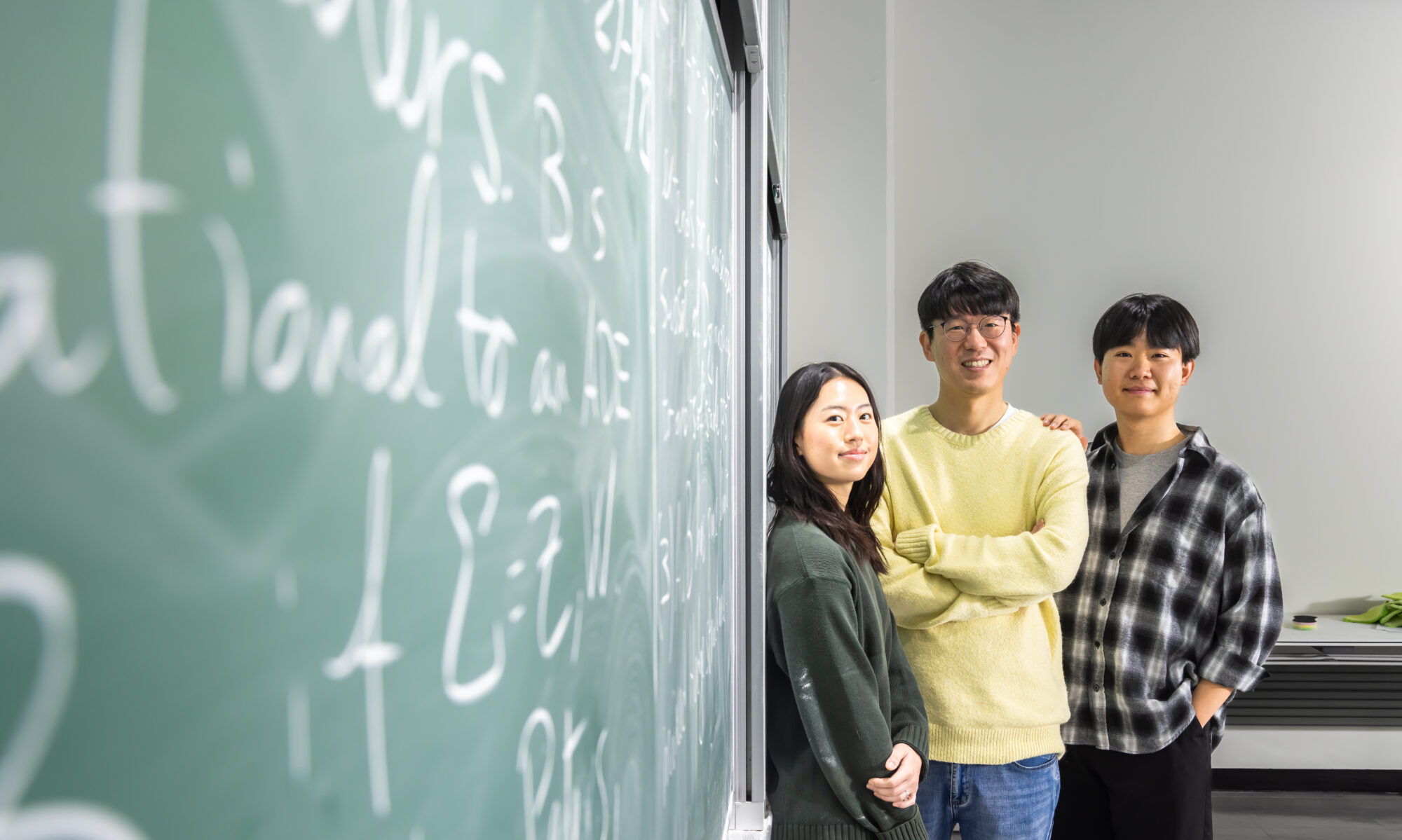Abstract: This talk consists of two main parts. In the first part, I will discuss a numerical method for solving PDEs based on a stochastic representation of the solution. This approach captures the underlying particle dynamics associated with the physical processes described by the PDE. By aggregating information from the particles’ collective exploration, the method …
Calendar of Events
|
S
Sun
|
M
Mon
|
T
Tue
|
W
Wed
|
T
Thu
|
F
Fri
|
S
Sat
|
|---|---|---|---|---|---|---|
|
0 events,
|
0 events,
|
0 events,
|
0 events,
|
1 event,
-
|
1 event,
-
In this talk, we discuss the paper "Machine learning methods trained on simple models can predict critical transitions in complex natural systems" by Smita Deb, Sahil Sidheekh, Christopher F. Clements, Narayanan C. Krishnan, and Partha S. Dutta, in Royal Society Open Science, (2022). Abstract: Forecasting sudden changes in complex systems is a critical but challenging task, with previously developed methods varying widely in their reliability. Here we develop a novel detection method, using simple theoretical models to train a deep neural network to detect critical transitions—the Early Warning Signal Network (EWSNet). We then demonstrate that this network, trained on simulated data, can reliably predict observed real-world transitions in systems ranging from rapid climatic change to the collapse of ecological populations. Importantly, our model appears to capture latent properties in time series missed by previous warning signals approaches, allowing us to not only detect if a transition is approaching, but critically whether the collapse will be catastrophic or non-catastrophic. These novel properties mean EWSNet has the potential to serve as an indicator of transitions across a broad spectrum of complex systems, without requiring information on the structure of the system being monitored. Our work highlights the practicality of deep learning for addressing further questions pertaining to ecosystem collapse and has much broader management implications. |
0 events,
|
|
0 events,
|
0 events,
|
0 events,
|
0 events,
|
0 events,
|
1 event,
-
In this talk, we discuss the paper "Optimal transport for generating transition states in chemical reactions" by C. Duan et.al., Nat. Machine. Intelligence, 2025. Abstract Transition states (TSs) are transient structures that are key to understanding reaction mechanisms and designing catalysts but challenging to capture in experiments. Many optimization algorithms have been developed to search … |
0 events,
|
|
0 events,
|
0 events,
|
0 events,
|
0 events,
|
0 events,
|
1 event,
-
scGPT: toward building a foundation model for single-cell multi-omics using generative AI – Hyun Kim
scGPT: toward building a foundation model for single-cell multi-omics using generative AI – Hyun Kim
In this talk, we discuss the paper "scGPT: toward building a foundation model for single-cell multi-omics using generative AI" by Haotian Cui, et.al. Nature Methods, 2024. Abstract Generative pretrained models have achieved remarkable success in various domains such as language and computer vision. Specifically, the combination of large-scale diverse datasets and pretrained transformers has emerged … |
0 events,
|
|
0 events,
|
1 event,
-
Abstract: Weight calibration is a popular technique in handling covariate-shift problem in causal inference. It can be viewed as a dual optimization problem for incorporating the implicit regression model. We introduce the generalized entropy calibration as a general tool for weight calibration. Several interesting applications will be introduced in the context of causal inference. Furthermore, weight calibration can be used to transfer learning, which combines information from two different samples, one for source data and the other for target data. |
0 events,
|
0 events,
|
0 events,
|
1 event,
-
In this talk, we discuss the paper "Action functional as an early warning indicator in the space of probability measures via Schrödinger bridge" by P. Zhang et.al., Quantitative biology, 2025. Abstract Critical transitions and tipping phenomena between two meta-stable states in stochastic dynamical systems are a scientific issue. In this work, we expand the methodology … |
0 events,
|
|
0 events,
|
0 events,
|
0 events,
|
0 events,
|
0 events,
|
0 events,
|
0 events,
|

